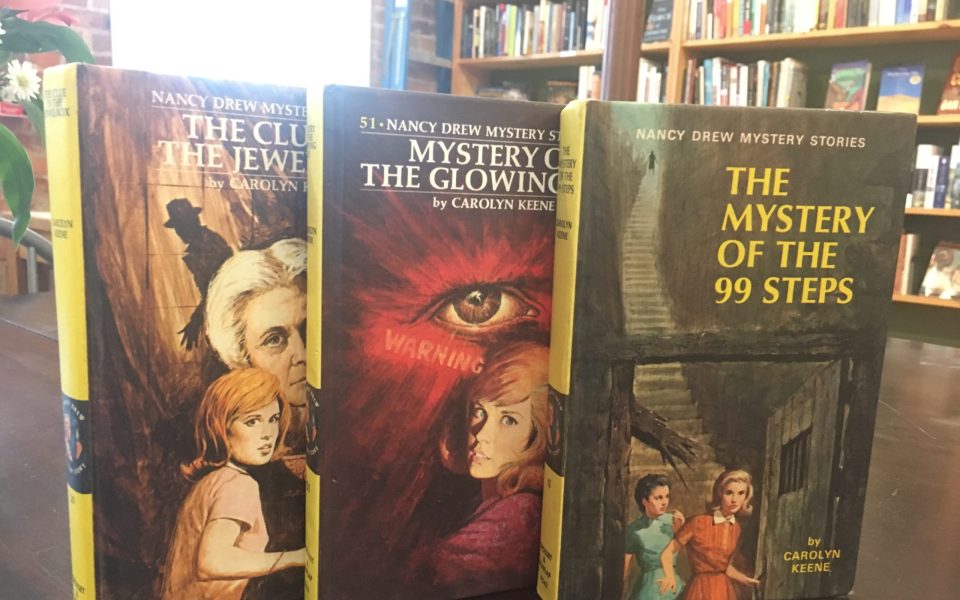1. A Tree Grows in Brooklyn by Betty Smith
Smith’s classic currently sits on my bedside table, awaiting my vowed return. I hardly noticed myself growing up alongside Francie Nolan as she navigated girlhood in the slums of early 20th Century Brooklyn but, when I found my old copy last month, I realized how formative this coming-of-age story was to my early adolescence and how grateful I am for Smith’s tender yet unblinking introduction to life’s adversities.
2. Fahrenheit 451 by Ray Bradbury
While I enjoyed reading about our ensuing colonization of Mars in The Martian Chronicles, Bradbury’s 1953 dystopian novel launched an intensely anti-authoritarian phase that never quite let up. I discovered the Dead Kennedys in 8th grade, too, so you could say it was a big year for my developing political consciousness.
3. The Bell Jar by Sylvia Plath
Sometimes a book can save your life, or at least halfway convince you that your experiences and worldview are valid enough to print. I wouldn’t label my (bipolar) depression for years to come, but I felt less alone when I encountered Esther Greenwood in Plath’s semi-autobiographical novel. The Bell Jar was the first story I read that directly acknowledged the constraints patriarchy foists on young women, and adjacent self-imposed pressures I struggle with to this day. Oh, and Esther wanted to be a respected writer and to avoid pregnancy in her twenties — still enormously relevant.
4. Welcome to the Monkey House by Kurt Vonnegut
In 11th grade, I became obsessed with Kurt Vonnegut, reading at least a handful of his novels. When I found myself bedridden in the aftermath of wisdom-teeth removal, though, I turned to his collection of short science-fiction stories. Thing is — I also turned to my Vicodin prescription, and all I remember is two weeks of throbbing pain and some of the trippiest daytime naps of my life. I should re-read the collection if only to uncover some of the content lodged deeply in my subconscious.
5. Nancy Drew #1-64 by Carolyn Keene
Only 30 or so are stationed on deck at my parents’ house, but sometimes I think about how lovely it might be to spend a Sunday afternoon breezing through one of these mysteries I found so empowering as a girl. Applying a feminist lens to the texts more than a decade and a half later would likely change the experience, but Nancy and her friends Bess and George are bright and resourceful young women who taught me to trust myself and get s*** done.
Join the First Amendment Society, a membership that goes directly to funding TCB‘s newsroom.
We believe that reporting can save the world.
The TCB First Amendment Society recognizes the vital role of a free, unfettered press with a bundling of local experiences designed to build community, and unique engagements with our newsroom that will help you understand, and shape, local journalism’s critical role in uplifting the people in our cities.
All revenue goes directly into the newsroom as reporters’ salaries and freelance commissions.


Leave a Reply